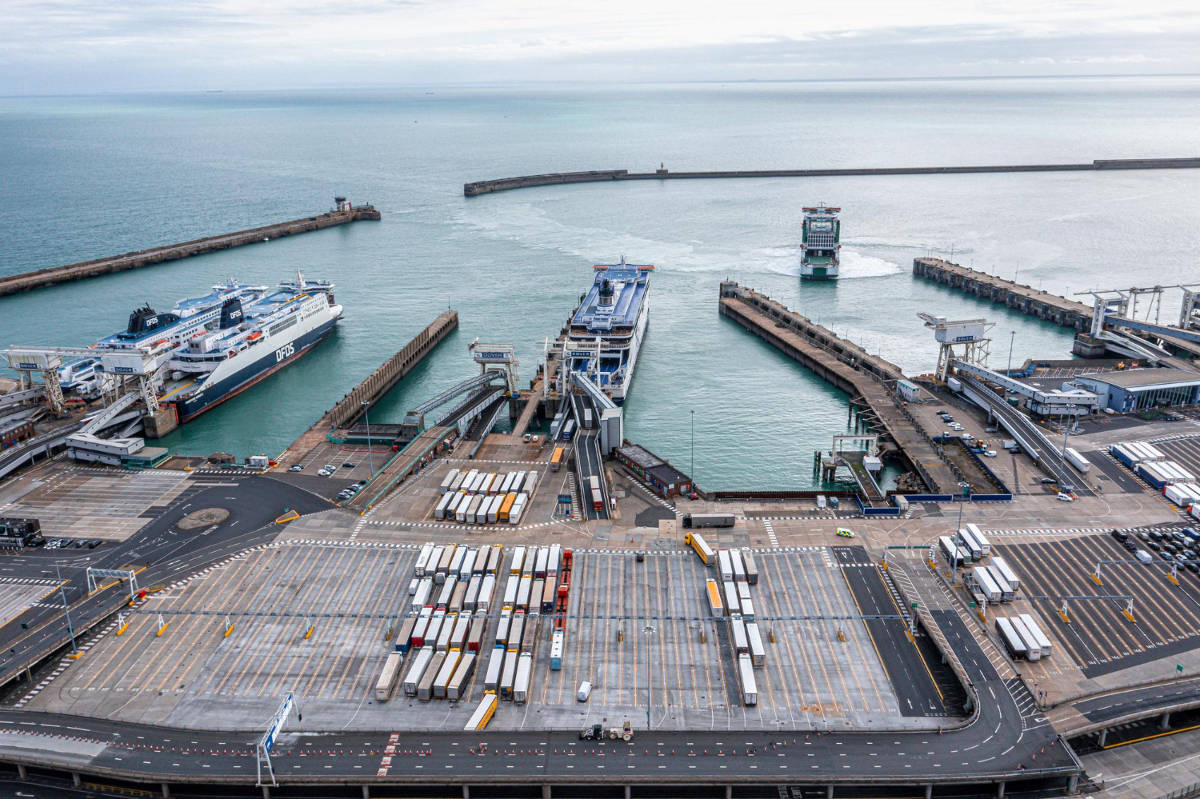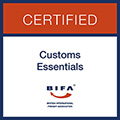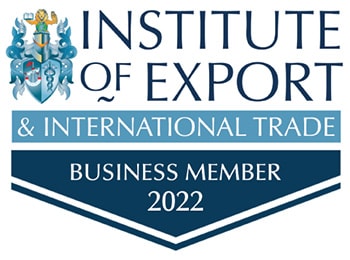London Customs Agency DCP Logistics by Tommytech
Copyright © 2025. All rights reserved.
Value Added Tax (VAT) is a significant component of international trade, closely linked to customs procedures. As businesses navigate the complexities of importing and exporting goods, understanding how VAT interacts with customs duties is crucial for compliance and financial efficiency.
VAT is a consumption tax levied on the value added to goods and services at each stage of production or distribution. It is generally charged as a percentage of the sales price. In many countries, VAT is an indirect tax, meaning it is collected by businesses on behalf of the government. Businesses that are VAT-registered can often reclaim the VAT they pay on their purchases, making it a crucial aspect of cash flow management.
Customs authorities are responsible for regulating the import and export of goods across borders. This involves assessing duties, tariffs, and VAT on goods entering a country. Customs duties are taxes imposed on the importation of goods, which can vary based on the product type, country of origin, and trade agreements in place. Understanding the customs process is essential for businesses to avoid unexpected costs and ensure compliance with legal requirements.
When goods are imported into a country, VAT is typically assessed alongside customs duties. The VAT paid on imported goods is usually calculated based on the total value of the goods, including the customs duty and other associated costs, such as shipping and insurance. This means that businesses need to account for both customs duties and VAT when determining the total cost of importing goods.
VAT Registration: Businesses engaged in international trade must ensure they are registered for VAT in their home country and any other jurisdictions where they operate. This allows them to collect and remit VAT properly, as well as reclaim any VAT incurred on business expenses.
Customs Valuation: Accurate customs valuation is critical for calculating VAT. Businesses must be diligent in declaring the correct value of goods to avoid penalties and ensure that VAT is calculated correctly. Underreporting the value can lead to underpayment of VAT and customs duties, while overreporting can increase costs unnecessarily.
Postponed VAT Account (PVA): A Postponed VAT Account allows businesses to postpone the payment of VAT on goods imported into a country. Instead of paying VAT at the point of entry, businesses can record the VAT in a dedicated account, which they can then report and reclaim on their VAT returns. This system was introduced in various jurisdictions to streamline VAT reporting and ease cash flow for businesses engaged in importing goods.
Cross-Border Transactions: Businesses involved in cross-border transactions must be aware of the VAT implications in both the exporting and importing countries. Different countries have varying VAT rates and regulations, making it essential for businesses to understand their obligations to avoid compliance issues.
Impact of Trade Agreements: Trade agreements can influence VAT rates and customs duties. Businesses should stay informed about any changes to trade policies that could affect their VAT liabilities and customs costs.
Navigating the relationship between VAT and customs can be complex, and businesses often face challenges such as:
Compliance Risks: Non-compliance with VAT and customs regulations can result in hefty fines and legal repercussions. Businesses must stay updated on changing regulations to mitigate risks.
Documentation Requirements: Maintaining accurate records is vital for both VAT reporting and customs compliance. Businesses should implement robust record-keeping practices to support their VAT claims and customs declarations.
Training and Expertise: Investing in training for staff involved in customs and VAT matters can enhance understanding and compliance. Businesses may also consider consulting with tax professionals or customs brokers for expert advice.
Understanding VAT in relation to customs is essential for businesses engaged in international trade. By recognizing the implications of VAT on customs duties and ensuring compliance with relevant regulations, businesses can effectively manage their costs and reduce risks. As global trade continues to evolve, staying informed about VAT and customs requirements will remain a critical component of successful cross-border operations.
Value Added Tax (VAT) can be a significant cost for businesses, particularly when engaging in international trade. However, businesses have the opportunity to reclaim VAT, which can improve cash flow and overall financial management. One mechanism for reclaiming VAT is through a Postponed VAT Account, a system that allows businesses to defer VAT payments on imports and simplify the reclaim process. This article explores how businesses can effectively use a Postponed VAT Account to reclaim VAT.
A Postponed VAT Account allows businesses to postpone the payment of VAT on goods imported into a country. Instead of paying VAT at the point of entry, businesses can record the VAT in a dedicated account, which they can then report and reclaim on their VAT returns. This system was introduced in various jurisdictions to streamline VAT reporting and ease cash flow for businesses engaged in importing goods.
Import Declaration: When goods are imported, the business must make a customs declaration. This declaration includes details about the goods, their value, and applicable customs duties. Instead of paying VAT upfront, the business indicates that they will use the Postponed VAT Account.
Recording VAT: The VAT amount is recorded in the Postponed VAT Account. This account acts as a virtual ledger where the VAT amount owed is noted, allowing the business to manage its VAT obligations more efficiently.
Reporting on VAT Returns: The business must report the postponed VAT in their VAT return for the period during which the import took place. The postponed VAT will then be reclaimed as input VAT, provided the business is VAT-registered and the goods are for business use.
Paying VAT: While the VAT payment is postponed, businesses still need to ensure they meet their reporting deadlines. The postponed VAT should be accounted for in the next VAT return to maintain compliance.
Benefits of Using a Postponed VAT Account
Improved Cash Flow: By postponing VAT payments, businesses can enhance their cash flow, allowing them to use their funds for other operational needs instead of tying them up in tax payments.
Simplified VAT Reclaim Process: The Postponed VAT Account simplifies the reclaim process, as businesses can reclaim the VAT on their next VAT return, reducing administrative burdens.
Avoiding Double Payment: Businesses can avoid double payment of VAT when importing goods. When using the Postponed VAT Account, they only account for VAT once, making financial management more straightforward.
Flexibility: This system provides flexibility for businesses, particularly those with fluctuating import volumes. They can manage VAT obligations based on their operational needs.
Register for VAT: Ensure that your business is registered for VAT and is compliant with local VAT regulations.
Set Up Postponed VAT Accounting: Check if your jurisdiction allows Postponed VAT Accounting and set it up as per local requirements.
Keep Accurate Records: Maintain accurate records of all imports, including customs declarations and invoices. This documentation will support your VAT reclaim process.
File VAT Returns: Include the postponed VAT in your VAT returns, indicating the amount you wish to reclaim. Ensure that the goods imported are for business use to qualify for the reclaim.
Monitor Changes in Regulations: Stay updated on any changes in VAT and customs regulations that may affect your ability to use a Postponed VAT Account.
While using a Postponed VAT Account offers several benefits, businesses should also be aware of potential challenges:
Compliance Risks: Businesses must ensure that they remain compliant with all VAT regulations to avoid penalties or fines.
Record Keeping: Accurate record-keeping is essential. Any discrepancies or missing documentation can complicate the reclaim process.
Complexity: Depending on the jurisdiction, the rules surrounding postponed VAT accounting can be complex. It may be beneficial to consult with a tax professional or accountant to navigate the system effectively.
Using a Postponed VAT Account can significantly benefit businesses engaged in importing goods, providing improved cash flow and a simplified reclaim process. By understanding how to utilize this system effectively, businesses can enhance their financial management and ensure compliance with VAT regulations. As international trade continues to grow, leveraging mechanisms like postponed VAT accounting will be an important strategy for businesses looking to optimize their operations.



Copyright © 2025. All rights reserved.